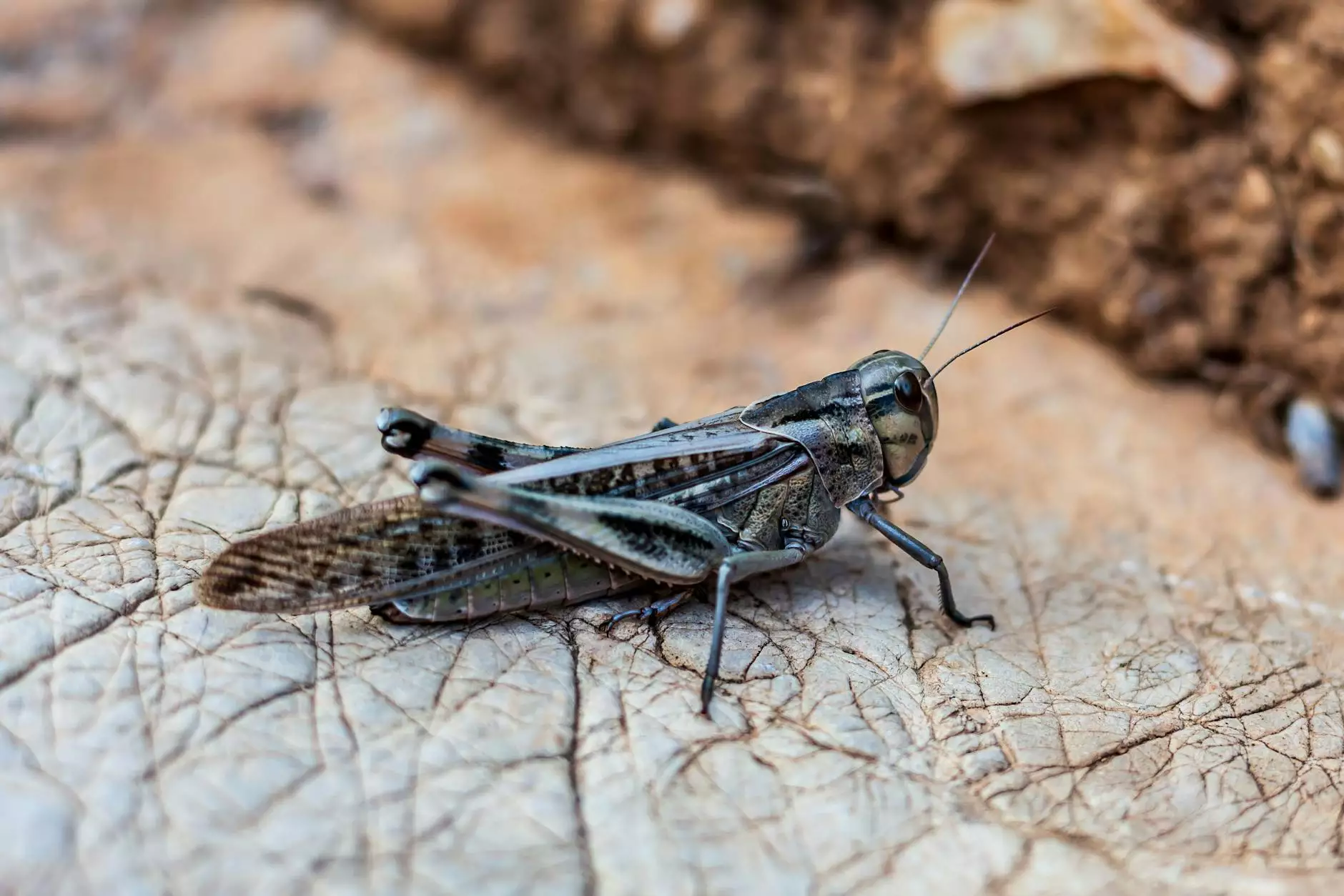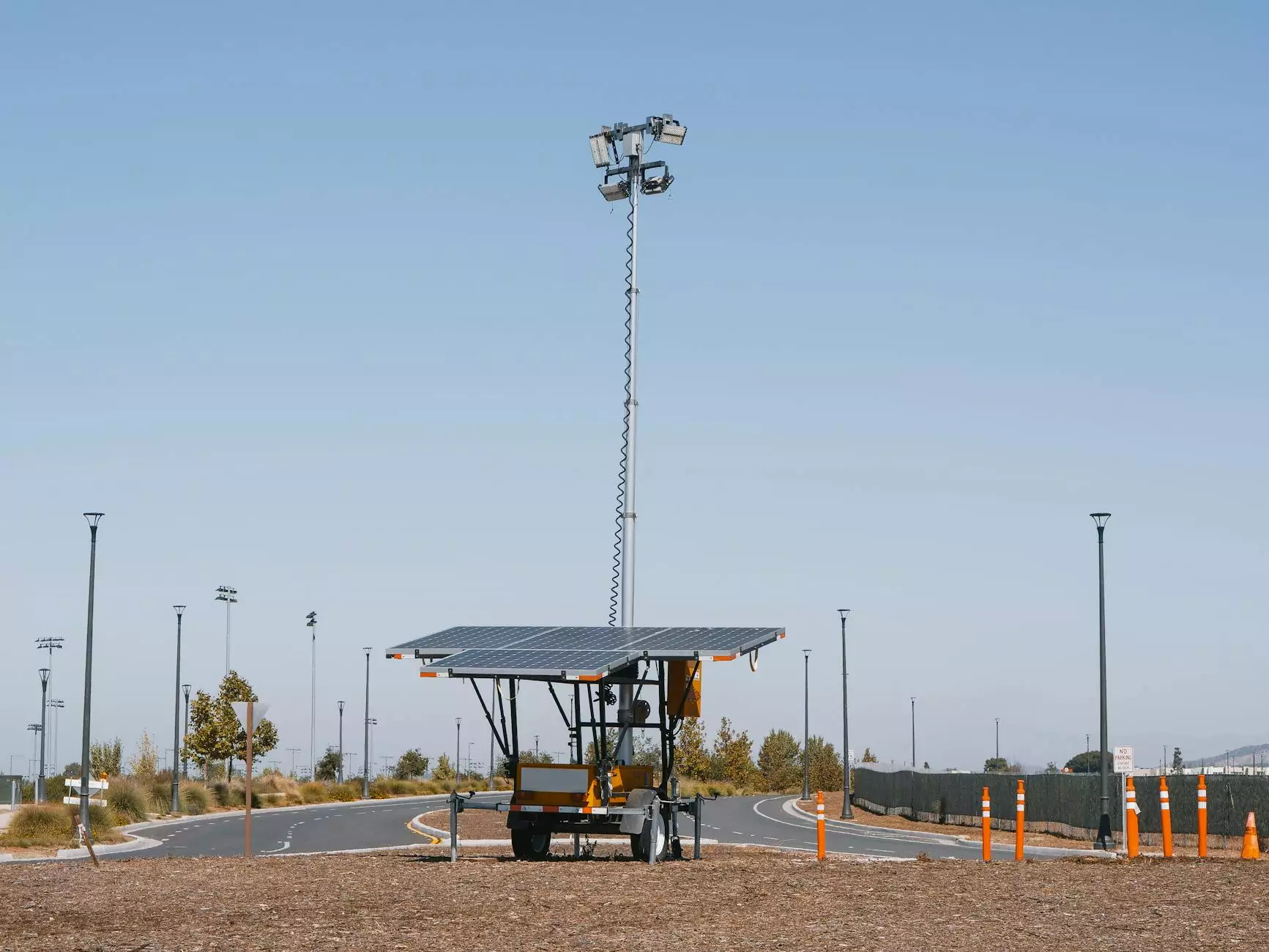The Vital Role of Insect Pest Management in Farm Equipment Repair and Farming Equipment

Insect Pest Management is more than just a term; it's a critical aspect of agriculture that plays a fundamental role in Farm Equipment Repair and Farming Equipment. Proper insect pest management is essential not only for maintaining a healthy ecosystem but also for safeguarding crops and ensuring optimal productivity.
The Significance of Effective Insect Pest Management
Farm Equipment Repair and Farming Equipment rely heavily on effective insect pest management practices to combat potential threats to crops. Insects are notorious for causing significant damage to crops, leading to substantial financial losses for farmers. By implementing proactive pest management strategies, agricultural businesses can mitigate these risks and protect their investments.
Benefits of Implementing Insect Pest Management Strategies
Effective insect pest management offers a wide range of benefits to farm equipment repair and farming equipment operations. Some of the key advantages include:
- Increased Crop Yields: By controlling insect pests, farmers can ensure that their crops reach their full potential, leading to higher yields and increased profitability.
- Cost Savings: Proactive pest management can help reduce the need for expensive chemical interventions, thereby cutting down on production costs.
- Environmental Sustainability: Opting for sustainable pest management practices can preserve the natural balance of ecosystems and minimize the use of harmful chemicals.
- Enhanced Crop Quality: By preventing insect damage, farmers can maintain the quality and marketability of their crops, meeting consumer demands.
Effective Insect Pest Management Techniques
When it comes to insect pest management, employing a combination of strategies is essential for success. Some of the most common and effective techniques include:
- Biological Control: This method involves using natural predators or parasites to regulate pest populations, promoting a sustainable and eco-friendly approach to pest management.
- Cultural Practices: Implementing practices such as crop rotation, sanitation, and planting resistant varieties can help reduce insect pest pressure.
- Mechanical Control: Physical barriers, traps, and manual removal of pests can be effective in managing insect populations.
- Chemical Control: While chemical insecticides should be used as a last resort, they can provide effective short-term solutions for controlling severe infestations.
Embracing Innovation in Insect Pest Management
As technology continues to advance, new tools and techniques are being developed to enhance insect pest management practices in farm equipment repair and farming equipment. From precision agriculture solutions to data-driven pest monitoring systems, innovation is key to staying ahead of pest challenges in today's agricultural landscape.
Conclusion
Insect pest management is a critical component of farm equipment repair and farming equipment operations. By prioritizing proactive pest control measures and embracing innovative strategies, agricultural businesses can protect their crops, increase productivity, and contribute to a sustainable agricultural future.









